Introduction
Cancer is one of the leading causes of death worldwide, making awareness, prevention, and early detection crucial. The YPSM Homoeopathy College in Alwar, Rajasthan, recently organized a cancer awareness program, aimed at educating the public about cancer, its prevention, and early detection. The event featured renowned oncologist Dr. Nikhil Mehta, who provided valuable insights on various aspects of cancer care.
The program was a part of the college’s broader initiative to raise awareness about healthcare issues in the community. With the increasing number of cancer cases in India, this initiative holds even more significance.
What is Cancer?
Cancer is a disease that occurs when abnormal cells in the body grow uncontrollably. These cells can invade nearby tissues and spread to other parts of the body. While cancer can affect anyone, factors like genetics, lifestyle choices, and environmental exposures can increase the risk.
Common types of cancer include breast cancer, lung cancer, prostate cancer, and colorectal cancer. However, there are more than 100 different types of cancer, each with its own unique characteristics and treatments.
Why Cancer Awareness is Essential
- Early Detection: Many types of cancer are treatable when detected early. Educating the public on the symptoms and risk factors can help in early diagnosis.
- Prevention: Awareness can encourage people to adopt healthier lifestyles, reducing their risk of developing cancer. This includes avoiding smoking, maintaining a healthy diet, and engaging in regular physical activity.
- Destigmatization: Many people fear cancer, and this fear often leads to late diagnosis. Awareness programs help break the stigma around the disease, encouraging people to seek medical advice when needed.
Highlights of the Cancer Awareness Program
The cancer awareness program organized by YPSM Homoeopathy College was well-received by the local community. The event provided attendees with information on cancer prevention, symptoms, and treatment options.
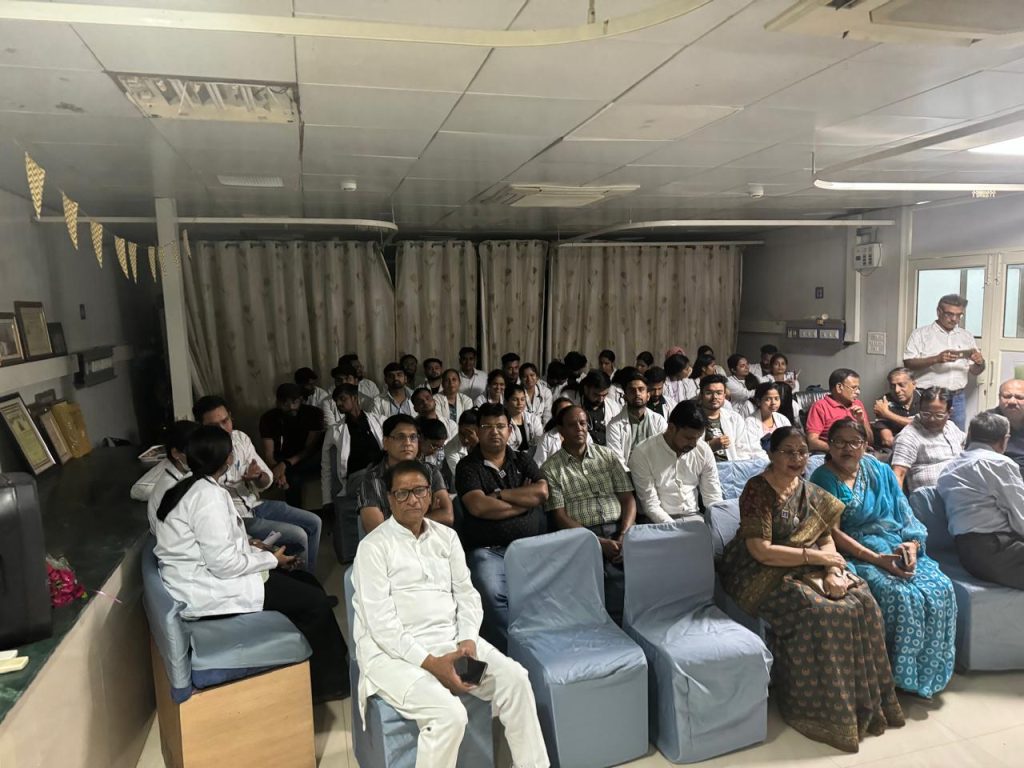
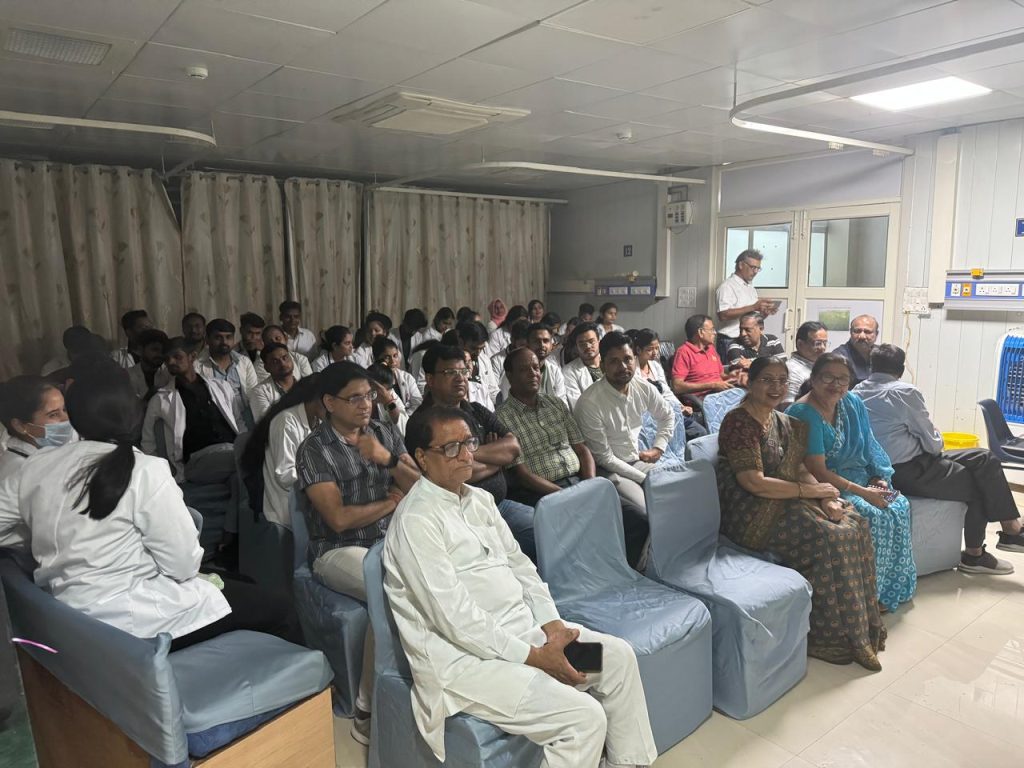
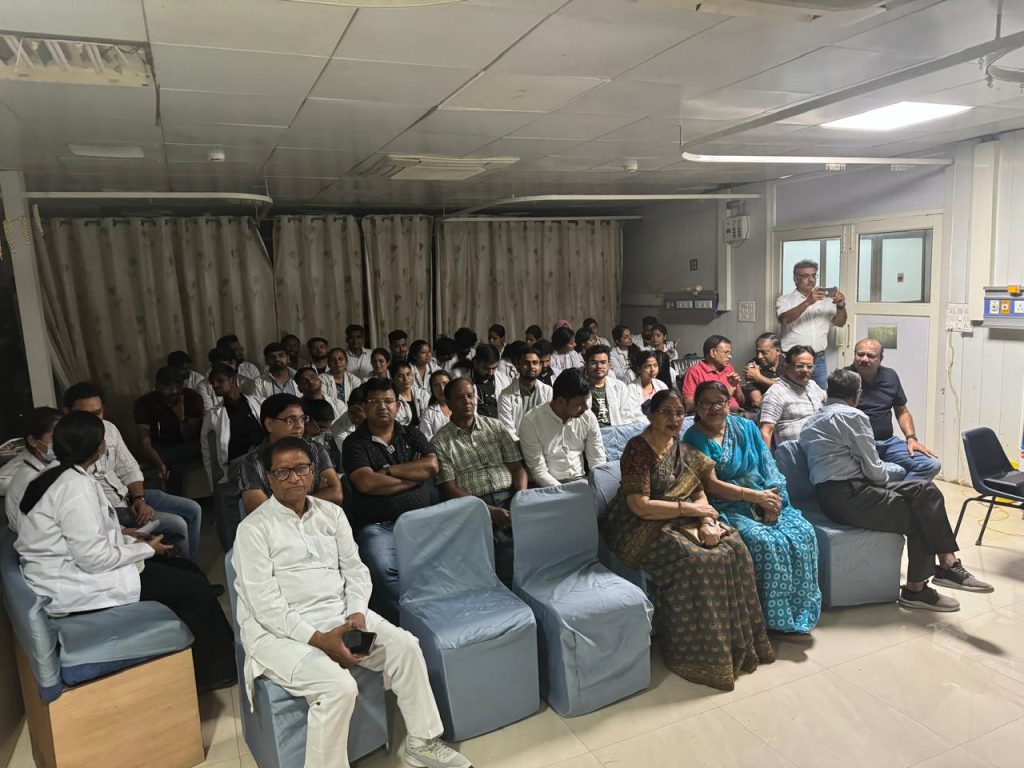
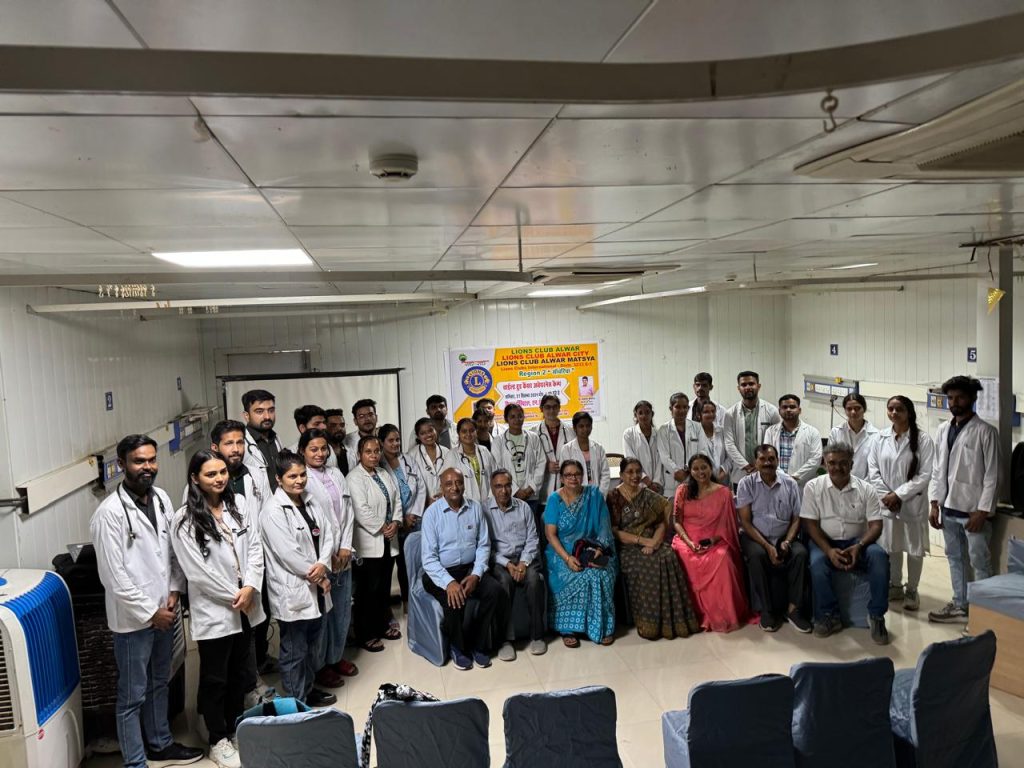
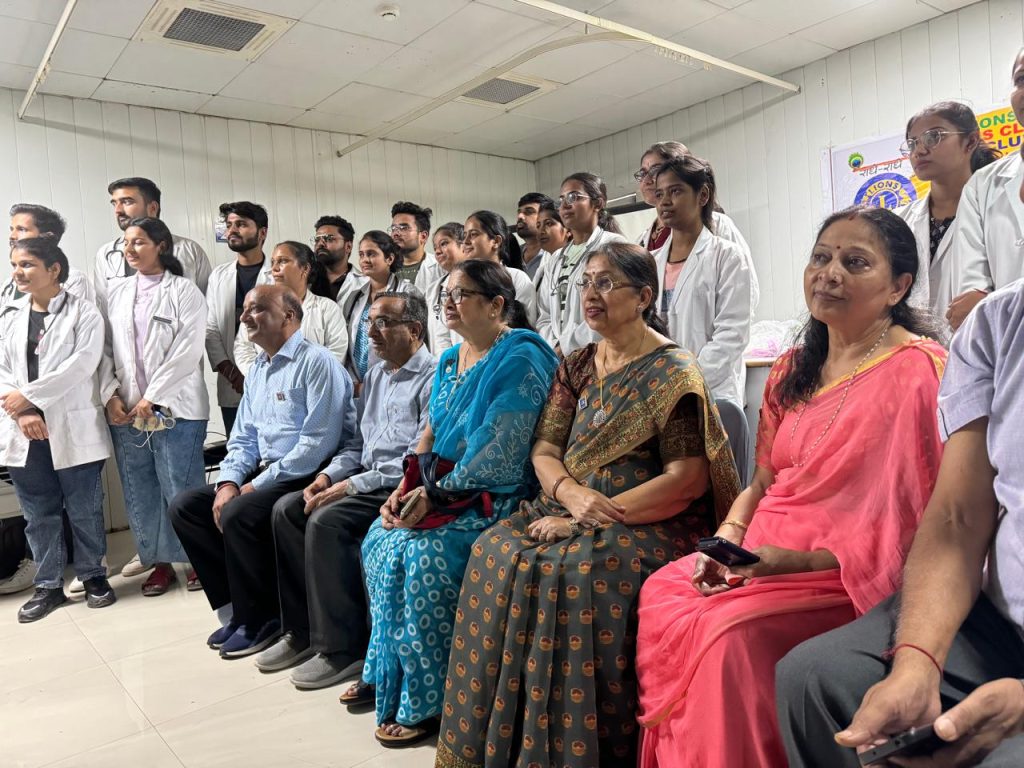
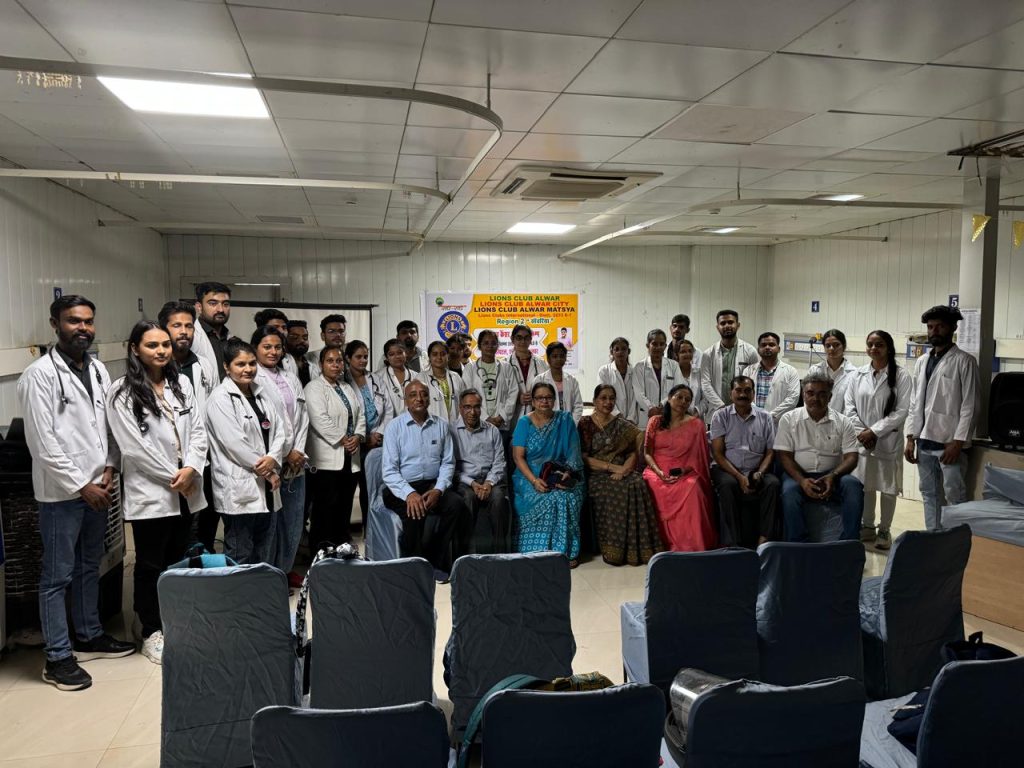
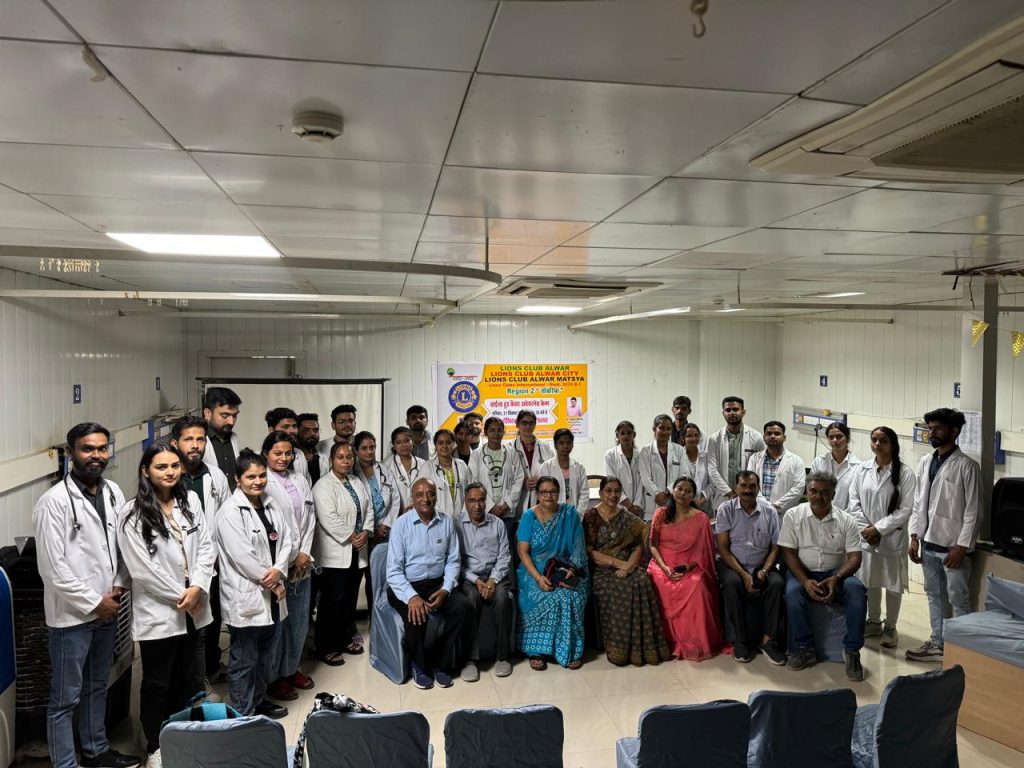
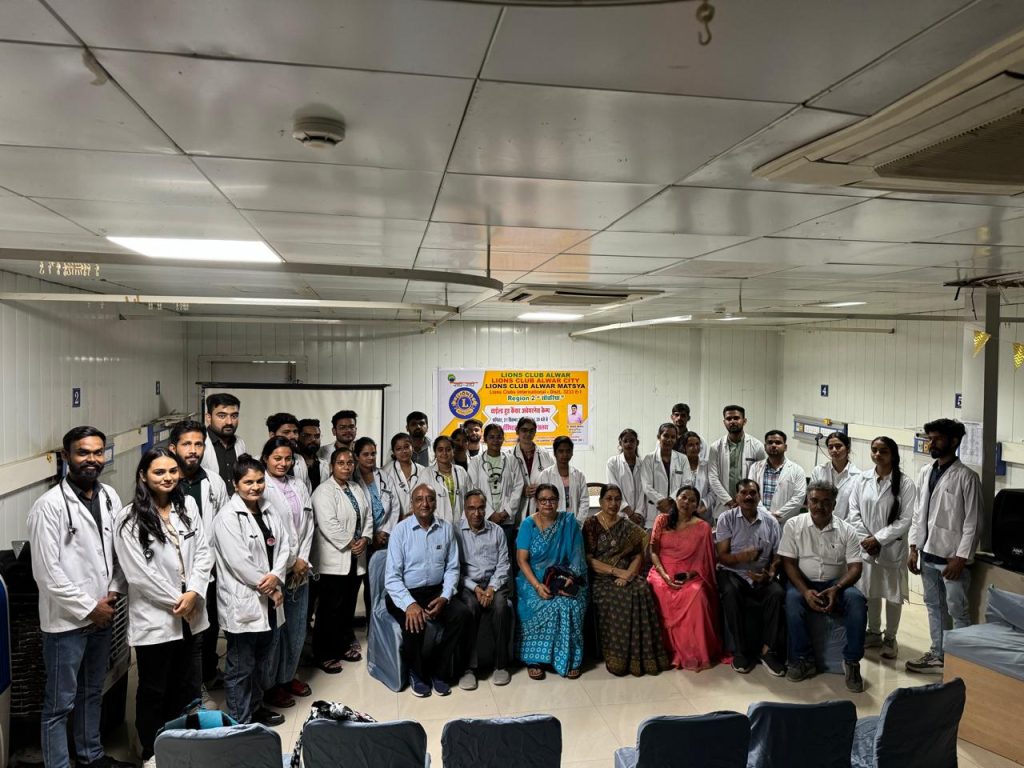
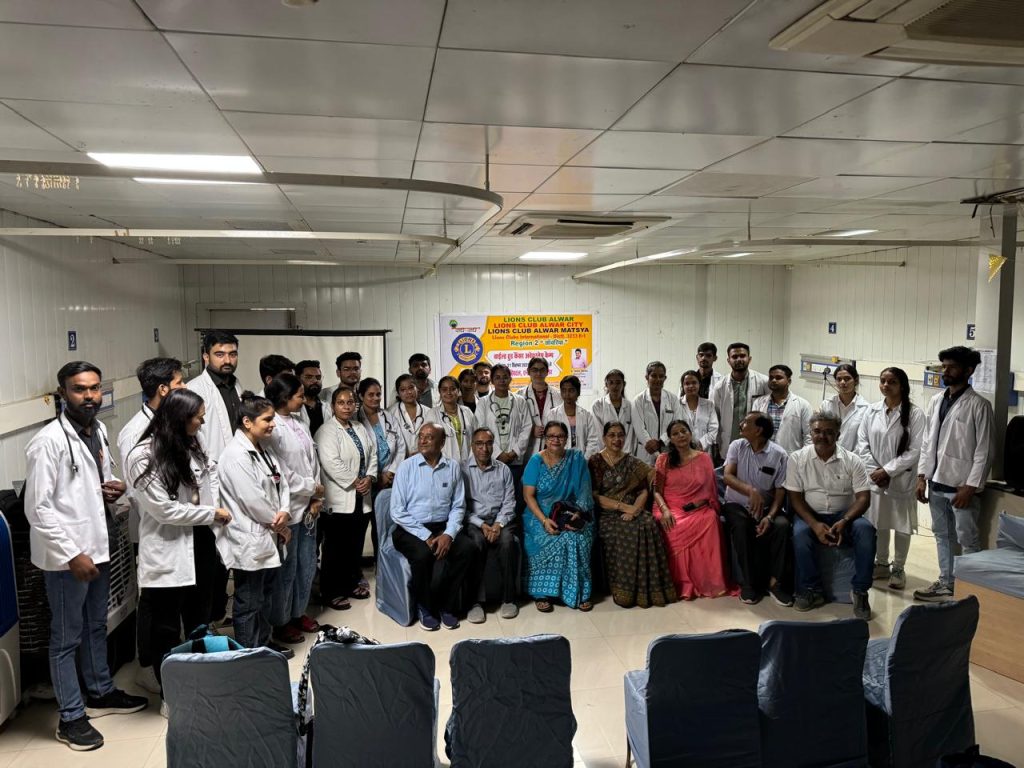
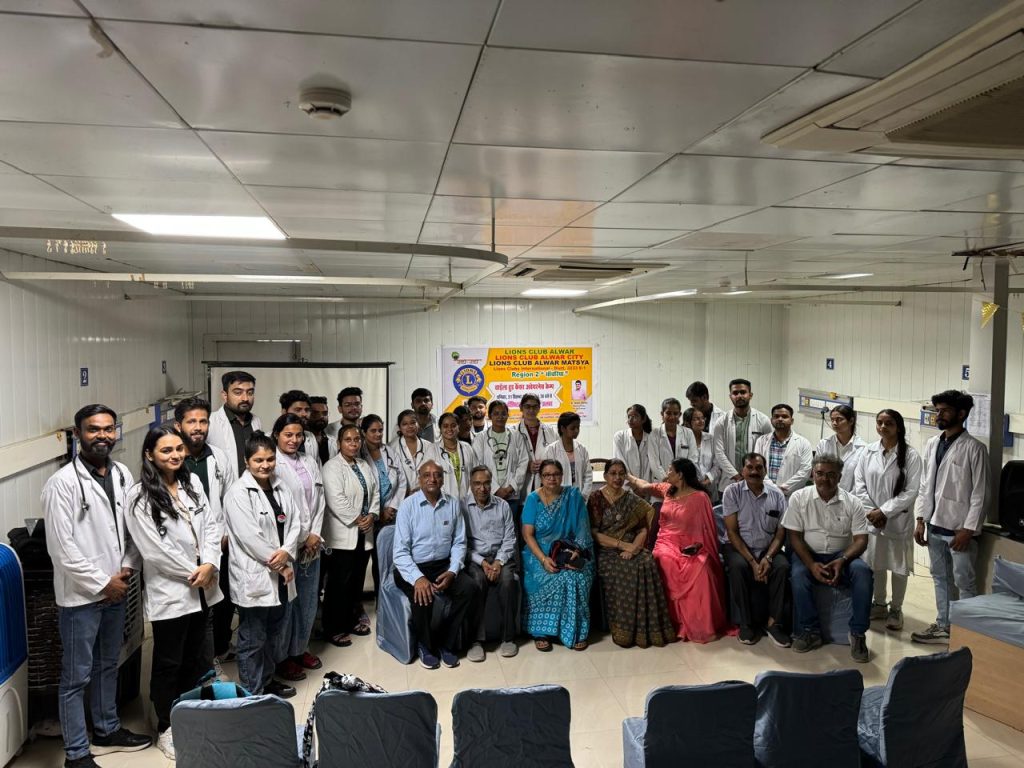
Keynote Speaker: Dr. Nikhil Mehta
Dr. Nikhil Mehta, a respected oncologist, was the keynote speaker at the event. He is known for his extensive work in cancer research and treatment, particularly in the area of early detection and patient education.
Main Topics Covered by Dr. Nikhil Mehta:
- What is Cancer?: Dr. Mehta explained how cancer develops in the body and the various stages of cancer.
- Signs and Symptoms: He highlighted the warning signs of common cancers, such as breast lumps, unexplained weight loss, and persistent cough.
- Prevention and Screening: Dr. Mehta emphasized the importance of regular screenings for early detection, especially for individuals with a family history of cancer.
- Treatment Options: He discussed the latest treatment modalities, including surgery, chemotherapy, and radiation therapy, as well as emerging treatments like immunotherapy.
Role of Homoeopathy in Cancer Care
While conventional medicine plays a crucial role in cancer treatment, homoeopathy can be used as a complementary therapy. Homoeopathic remedies aim to improve the body’s natural defenses and reduce side effects caused by conventional treatments like chemotherapy and radiation.
During the program, practitioners from YPSM Homoeopathy College shared how homoeopathic treatments could support cancer patients by boosting their immunity, alleviating pain, and improving their quality of life. However, they stressed the importance of using homoeopathy alongside conventional treatments, not as a replacement.
Key Takeaways from the Event
- Early Detection is Crucial: Dr. Mehta’s emphasis on early detection was one of the most important messages from the event.
- Preventive Measures: Simple lifestyle changes like quitting smoking, reducing alcohol consumption, and maintaining a healthy diet can lower the risk of cancer.
- Regular Screenings: People above the age of 40, especially those with a family history of cancer, should undergo regular cancer screenings.
- Homoeopathy as Supportive Care: Homoeopathic treatments can play a role in improving the overall well-being of cancer patients, though they should be used alongside conventional treatments.
FAQs
1. What are the common symptoms of cancer?
Common symptoms include unusual lumps, unexplained weight loss, fatigue, persistent cough, and changes in bowel habits.
2. How can I reduce my risk of cancer?
Leading a healthy lifestyle by avoiding smoking, reducing alcohol intake, eating a balanced diet, exercising regularly, and getting regular health check-ups can help lower your cancer risk.
3. Is homoeopathy effective in treating cancer?
Homoeopathy is not a cure for cancer but can be used as a complementary therapy to reduce the side effects of conventional cancer treatments.
4. What is the importance of early cancer detection?
Early detection significantly increases the chances of successful treatment and recovery. Regular screenings and awareness of symptoms can lead to early diagnosis.
5. How can I support a cancer patient?
Provide emotional support, encourage them to stay positive, and help them maintain a healthy diet and lifestyle. It’s also important to support them in getting proper medical care.
Conclusion
The Cancer Awareness Program by YPSM Homoeopathy College, Alwar, with the participation of Dr. Nikhil Mehta, was an enlightening event that helped spread awareness about cancer prevention, early detection, and treatment options. The program highlighted the importance of community involvement in combating cancer and provided valuable information to the attendees.
Awareness is the first step toward fighting cancer. With regular screenings, healthier lifestyle choices, and increased knowledge about the disease, individuals can significantly reduce their risk of developing cancer.
